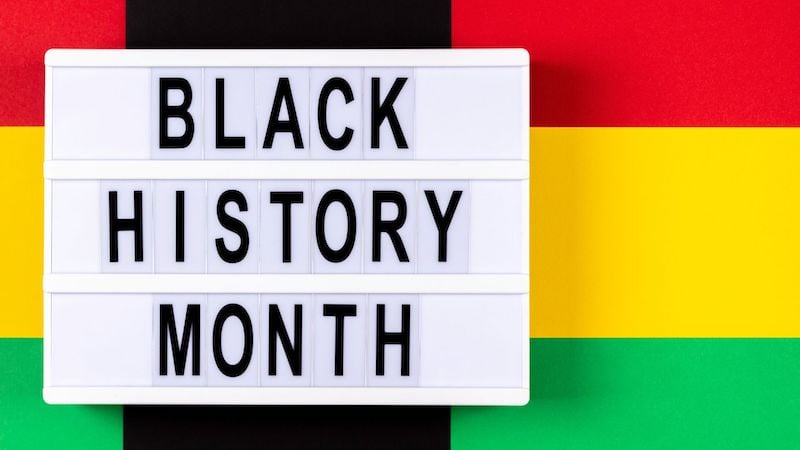
Black History Month is a time to celebrate the achievements and recognize the contributions of Black people throughout history while continuing to strive for progress in our society.
From celebrated luminaries such as Dr. Martin Luther King Jr., Malcolm X, and Rosa Parks to unsung heroes like Harriet Tubman, James Weldon Johnson, and Ida B. Wells, Black figures have paved the way for us all by fighting for civil rights and justice during times when it was far from easy nor popular.
With every passing year, Black History Month provides an even greater opportunity to learn about these influential individuals who shaped our world today – their stories and their legacies that live on through modern-day activists.
The Origins of Black History Month
The idea for Black History Month originated in 1926 when Dr. Carter G. Woodson and the Association for the Study of Negro Life and History announced the second week in February to be “Negro History Week”.
In 1976, President Gerald Ford officially recognized Black History Month in an effort to bring more attention to African-American contributions and achievements throughout American history.
Since then, it has grown into Black History Month and is recognized nationally in February in Canada and the United States.
During this month, schools, businesses, organizations, and individuals are encouraged to commemorate African American culture with events such as lectures, exhibitions, performances, art shows, film screenings, or even an afternoon of music that celebrates Black history.
The Impact of Celebrating Black History Month
Celebrating Black History Month is an important part of understanding our nation’s history. It serves as a reminder that everyone has a role to play in society regardless of race or ethnicity.
By taking part in activities like these, we are creating an environment where people are more likely to respect one another by learning more about each other’s cultures and backgrounds.
Additionally, it provides an opportunity for Black Americans (and others) to recognize their role in creating a better world for all people, regardless of color or religion.
Five Interesting Black History Facts
- A Black man named Lewis Howard Latimer invented the carbon filament for the lightbulb.
- Several months before the Montgomery Bus Boycott, sparked by Rosa Parks’ refusal to give up her seat on a bus for a white passenger, 15-year-old Claudette Colvin refused to give up her seat for a white passenger while riding a city bus home from school.
- At just 16 years old, Maya Angelou became the first Black female streetcar conductor in San Francisco.
- In 1892, a Black inventor named Sarah Boone received a patent for her invention, the ironing board.
In 1940, Hattie McDaniel became the first Black person to win an Academy Award. She won Best Supporting Actress for her role in the 1939 movie Gone With the Wind. Due to segregation laws, McDaniel was not allowed to attend the film’s premiere.


